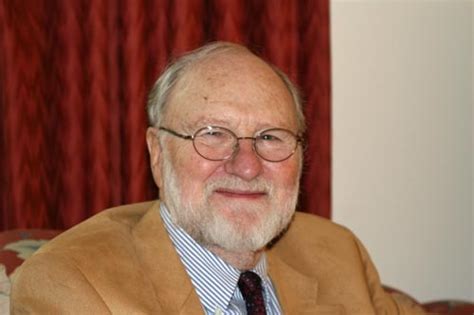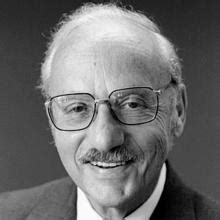A Quote by Ibn Khaldun
Eventually, Aristotle appeared among the Greeks. He improved the methods of logic and systematized its problems and details. He assigned to logic its proper place as the first philosophical discipline and the introduction to philosophy. Therefore he is called the First Teacher.
Related Quotes
In the first place a philosophical proposition must be general. It must not deal specially with things on the surface of the earth, or within the solar system, or with any other portion of space and time. . . . This brings us to a second characteristic of philosophical propositions, namely that they must be a priori. A philosophical proposition must be such as can neither be proved nor disproved by empirical evidence. . . . Philosophy, if what has been said is correct, becomes indistinguishable from logic as that word has now come to be used.
People knew there were two ways of coming at truth. One was science, or what the Greeks called Logos, reason, logic. And that was essential that the discourse of science or logic related directed to the external world. The other was mythos, what the Greeks called myth, which didn't mean a fantasy story, but it was a narrative associated with ritual and ethical practice but it helped us to address problems for which there were no easy answers, like mortality, cruelty, the sorrow that overtakes us all that's part of the human condition. And these two were not in opposition, we needed both.
It is difficult to remove by logic an idea not placed there by logic in the first place. By nature, we are emotional creatures. Often we live and react based on feelings, not logic. Feelings are wonderful, but when we become tied to a particular thought or belief we tend to ignore the fact that change might be necessary.
Among all the liberal arts, the first is logic, and specifically that part of logic which gives initial instruction about words. ... [T]he word "logic" has a broad meaning, and is not restricted exclusively to the science of argumentative reasoning. [It includes] Grammar [which] is "the science of speaking and writing correctly-the starting point of all liberal studies."
Certain issues in philosophy of science (having to do with observation and the definition of a theory's empirical import) had beenmisconstrued as issues in philosophy of logic and of language. With respect to modality, I hold the exact opposite: important philosophical problems concerning language have been misconstrued as relating to the content of science and the nature of the world. This is not at all new, but is the traditional nominalist line.
Eratosthenes was the director of the great library of Alexandria, the Centre of science and learning in the ancient world. Aristotle had argued that humanity was divided into Greeks and everybody else, whom he called barbarians and that the Greeks should keep themselves racially pure. He thought it was fitting for the Greeks to enslave other peoples. But Erathosthenes criticized Aristotle for his blind chauvinism, he believed there was good and bad in every nation.
They [the mathematicians of the Enlightenment] defined their terms vaguely and used their methods loosely, and the logic of their arguments was made to fit the dictates of their intuition. In short, they broke all the laws of rigor and of mathematical decorum. The veritable orgy which followed the introduction of the infinitesimals... was but a natural reaction. Intuition had too long been held imprisoned by the severe rigor of the Greeks. Now it broke loose, and there were no Euclids to keep its romantic flight in check.







































